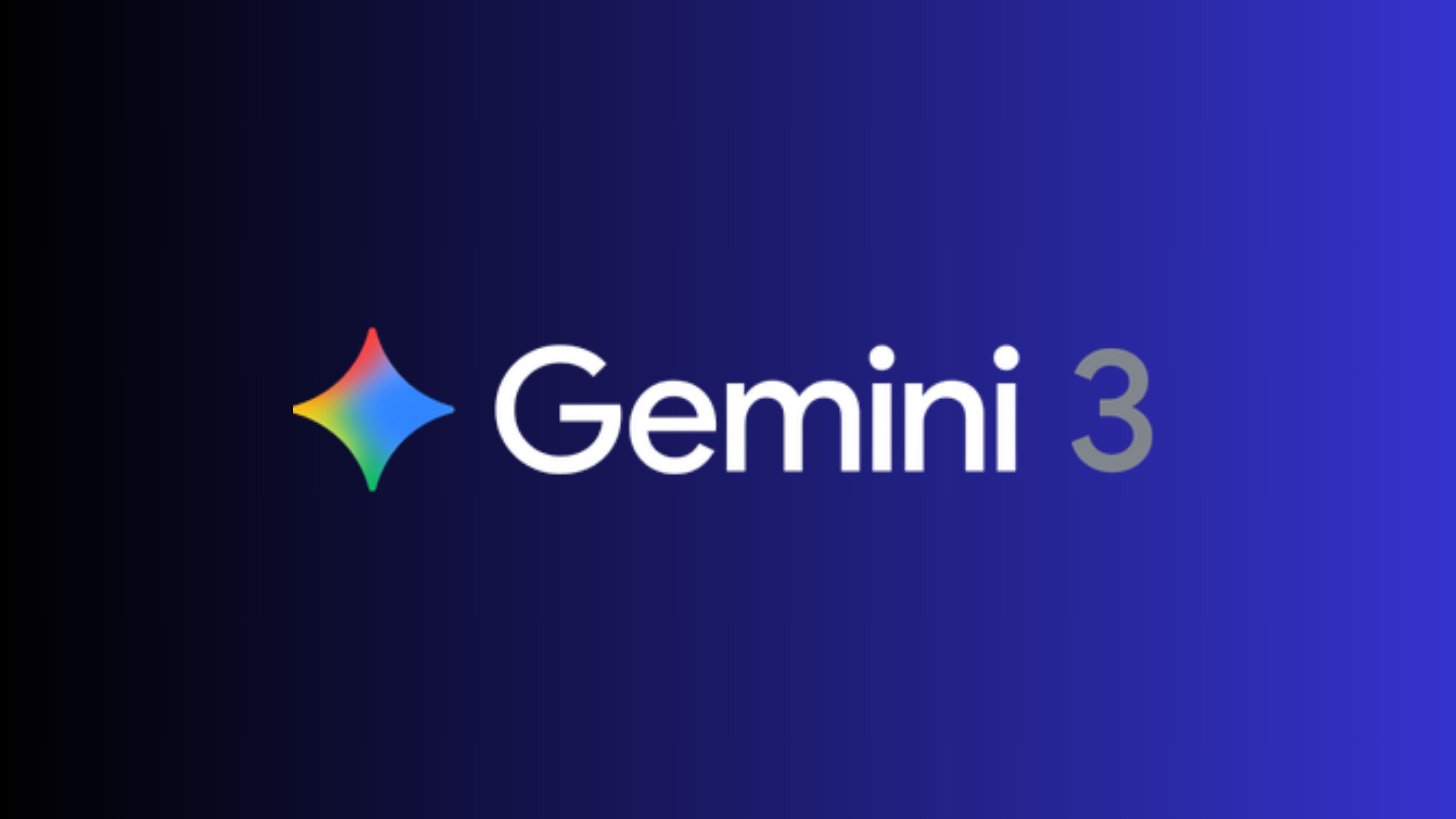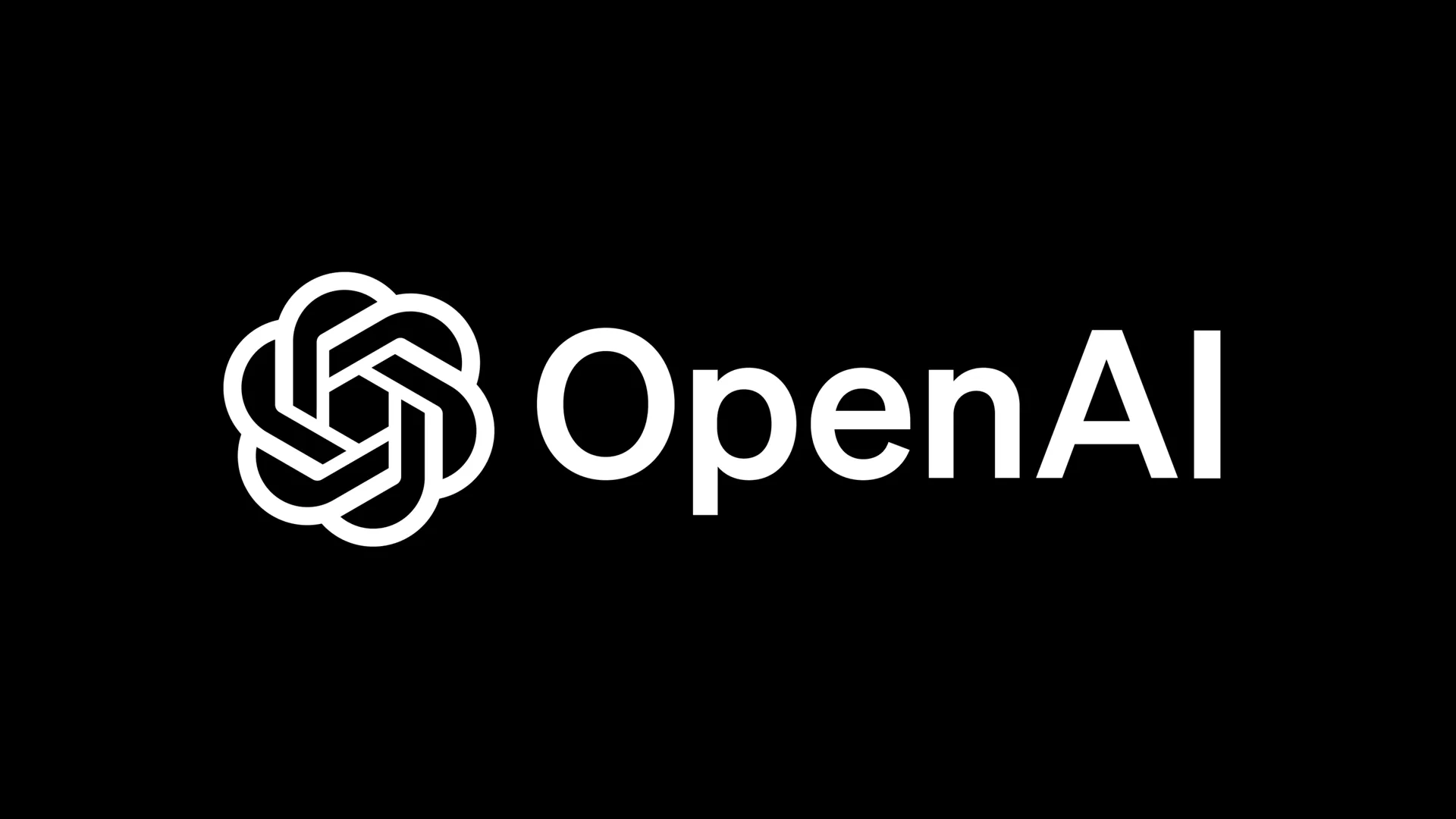The US tech company, OpenAI, has launched the OpenAI Academy for News Organisations, a new learning hub designed to support journalists, editors and publishers adopting AI in their work.
An initiative that builds on existing partnerships with the American Journalism Project and The Lenfest Institute for Journalism, reflecting a broader effort to strengthen journalism as a pillar of democratic life.
The Academy goes live with practical training, newsroom-focused playbooks and real-world examples aimed at helping news teams save time and focus on high-impact reporting.
Areas of focus include investigative research, multilingual reporting, data analysis, production efficiency and operational workflows that sustain news organisations over time.
Responsible use sits at the centre of the programme. Guidance on governance, internal policies and ethical deployment is intended to address concerns around trust, accuracy and newsroom culture, recognising that AI adoption raises structural questions rather than purely technical ones.
OpenAI plans to expand the Academy in the year ahead with additional courses, case studies and live programming.
Through collaboration with publishers, industry bodies and journalism networks worldwide, the Academy is positioned as a shared learning space that supports editorial independence while adapting journalism to an AI-shaped media environment.
Would you like to learn more about AI, tech and digital diplomacy? If so, ask our Diplo chatbot!










